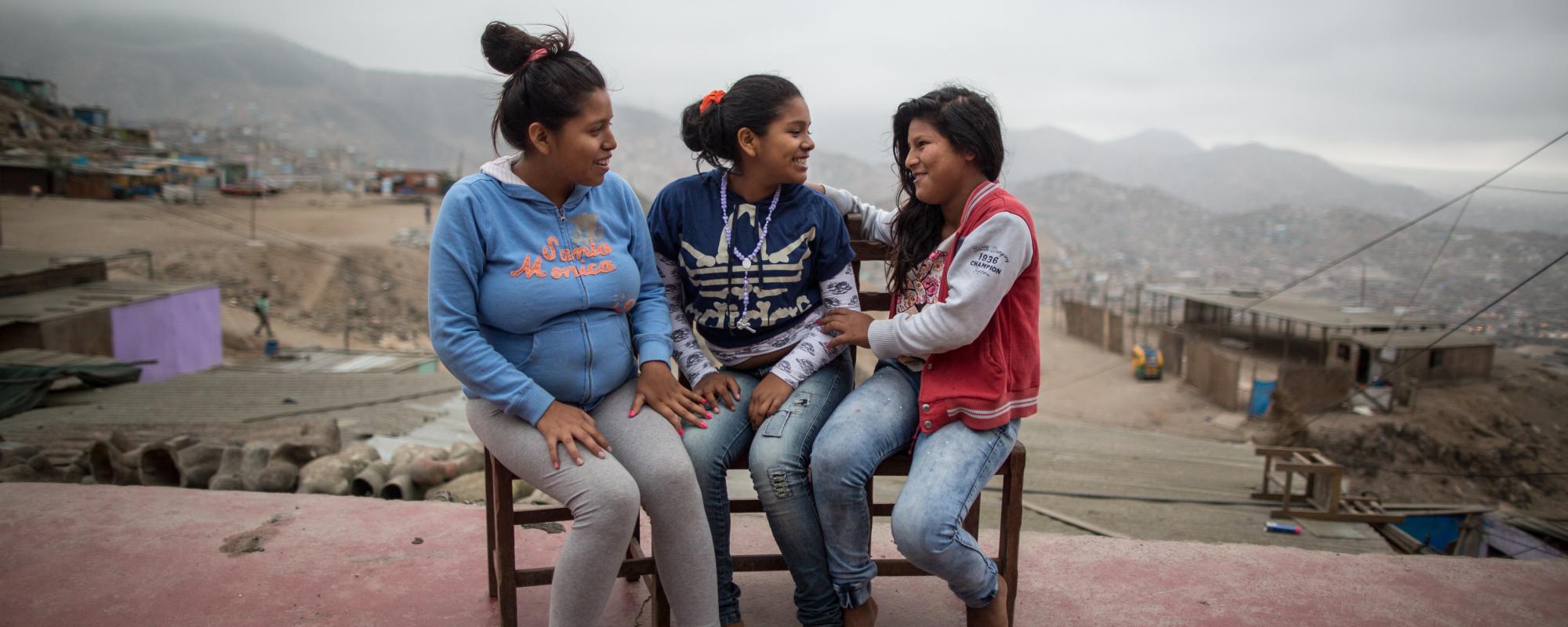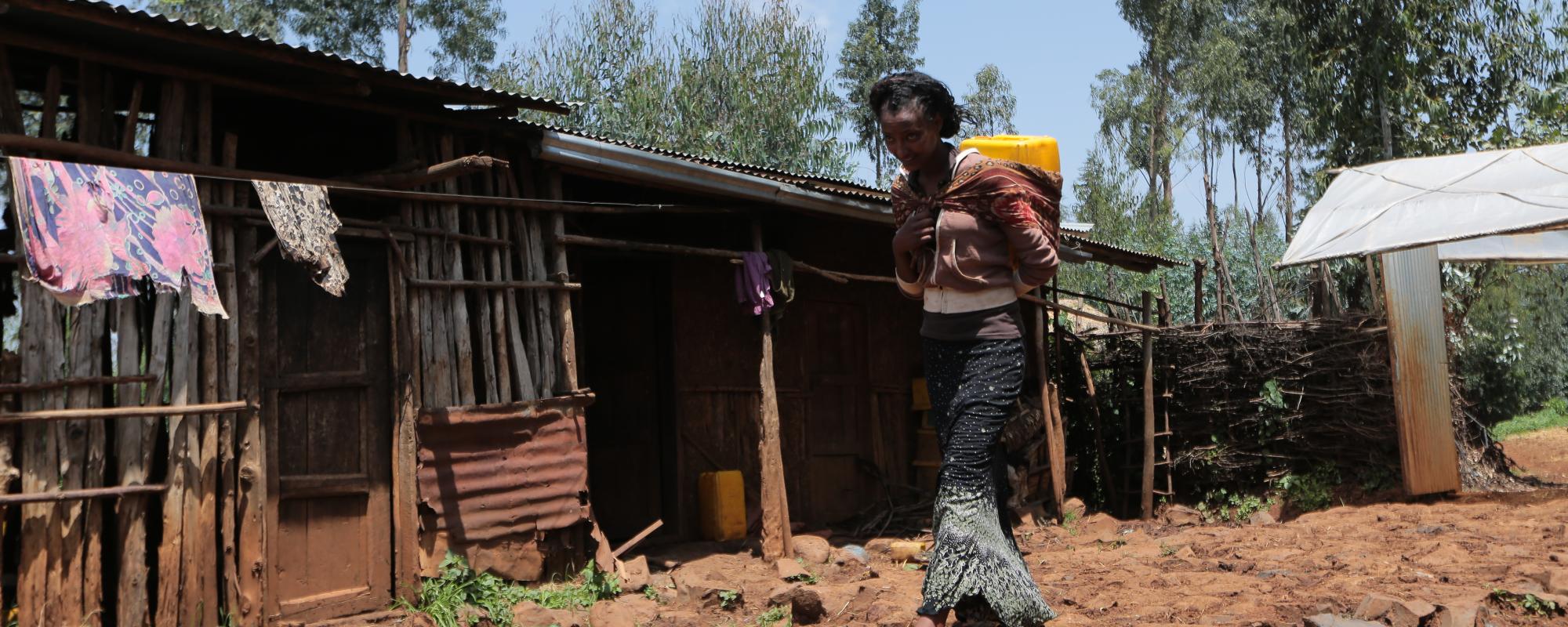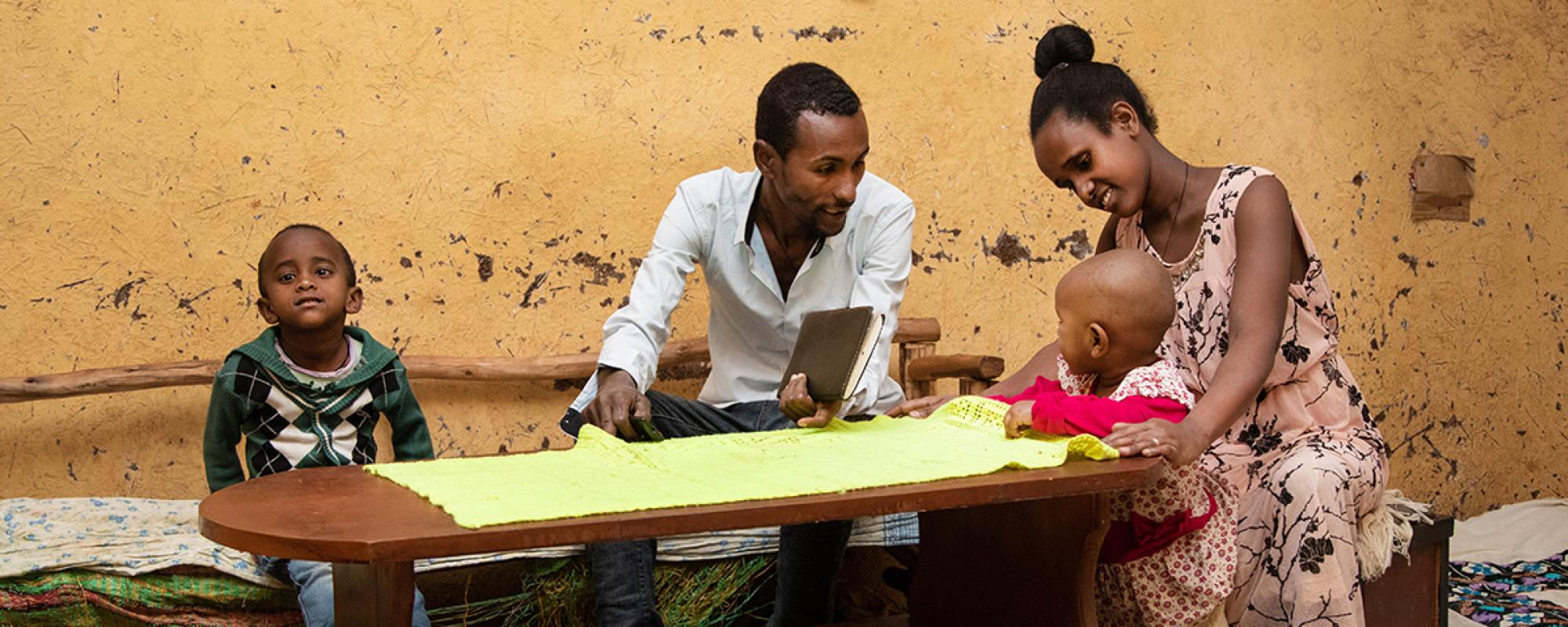This page features personal life stories from some of the participants in the Young Lives study. Names have been changed to protect anonymity, and none of the photos used are of the Young Lives research participants.
The children and families who participate in Young Lives share with us a great deal of personal information about their daily lives. For this reason, it is important that we protect their anonymity and confidentiality. We use pseudonyms for any child named in the course of our work. The photos are not of the Young Lives study children but are of children living in similar circumstances in similar communities.
All details of the photographers and confidentiality agreements can be found in the galleries.
We use graphics to create a dynamic, visual representation of Young Lives’ data, research findings and policy recommendations.
Pagination
Our data visualisations have been developed for research streams on nutrition, gender, education, and skills and work. They capture snapshots and progressions across our survey rounds in our four study countries..
Below you will find a selection of our data visualisations, for the full suite, please go to our Data Visualisations page.
Pagination
View Young Lives' research through our creative and colourful illustrations.
Pagination
In addition to the films and videos featured here, visit our YouTube Channel for Young Lives’ conferences, presentations and interviews about our work.
Pagination
Watch our animations on aspects of Young Lives research in our four countries: Ethiopia, India, Peru and Vietnam.
We offer a collection of audio podcasts that can be downloaded and listened to for free. The podcast series includes lectures given by Young Lives researchers and the termly University of Oxford inter-departmental seminar series convened by Young Lives [coming soon].
Publication Information
This Policy Brief draws out policy recommendations from the Research Report 'The Educational and Occupational Trajectories of Adolescents and Youth with Disabilities in India'.
This Policy Brief draws out policy recommendations from the Research Report 'The Educational and Occupational Trajectories of Adolescents and Youth with Disabilities in India'.





